Tag: Dogs
-

Idiopathic AHDS in dogs: treat with antibiotics or not?
—
by
Idiopathic acute haemorrhagic diarrhoea syndrome (AHDS) – previously known as haemorrhagic gastroenteritis – remains the one disease where constant debate exists as to whether antibiotics should be used as part of the standard treatment. The logic behind using antibiotics to prevent bacterial translocation is sound, and if AHDS is truly initiated by Clostridium species or…
-

The loneliness of working all hours
—
by
The funeral of the century has now passed us by (which doesn’t have quite the same ring as wedding of the century), and the British public demonstrated many skills throughout the grieving process. It was an elongated period during which the UK presented a suitably sombre face. Then there was the queue… I suppose every…
-
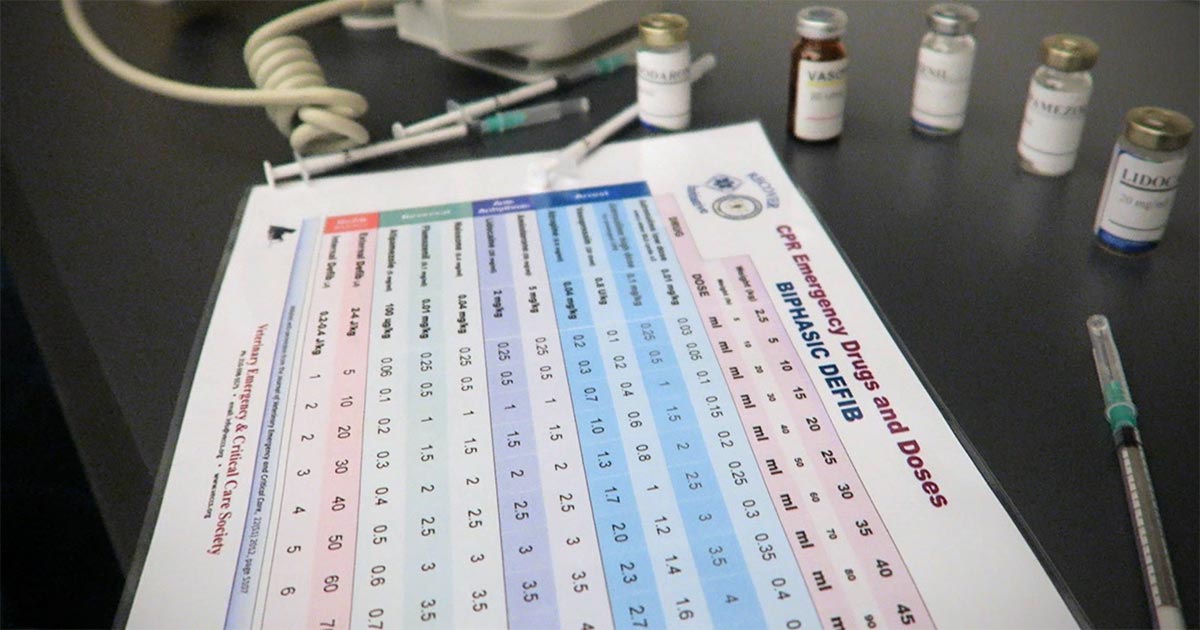
Cardiopulmonary resuscitation, pt 5: advanced life support
—
by
Advanced life support (ALS) can only be initiated once basic life support (BLS) has commenced. Where BLS refers to the initial stages of intubation, ventilation and chest compression, ALS is the advanced stage where vasopressors, positive inotropes, anticholinergics, correction of electrolyte disturbances, volume deficits, severe anaemia and defibrillation are performed. This is an important aspect…
-
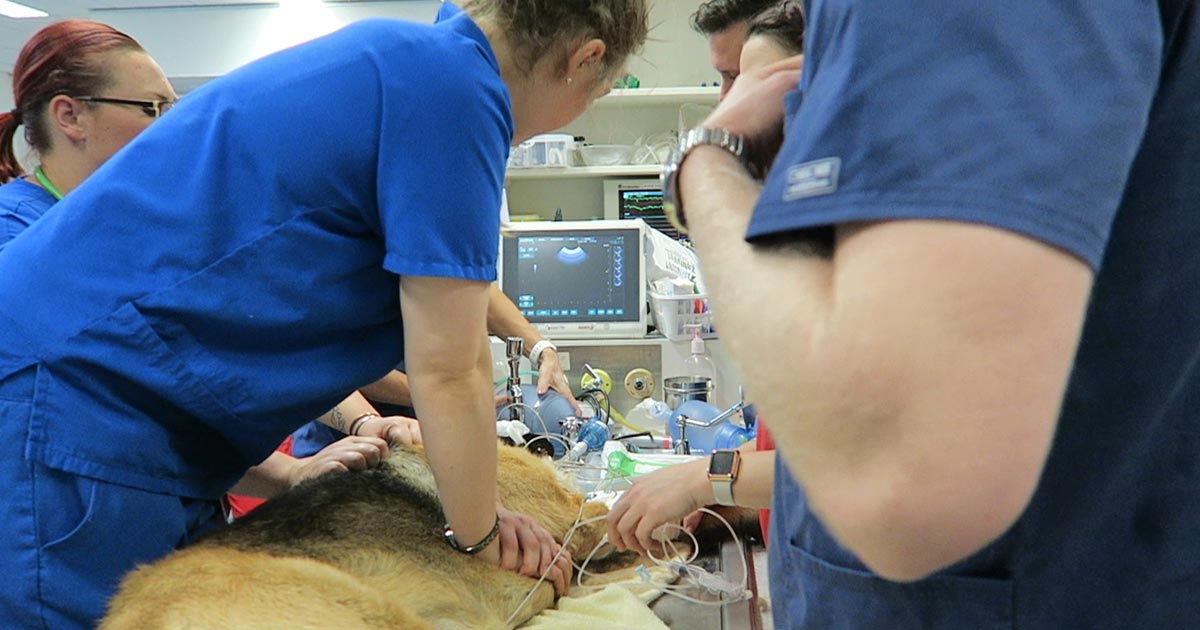
Cardiopulmonary resuscitation, pt 2: basic life support
—
by
In the cardiopulmonary resuscitation (CPR) guidelines, CPR is divided into basic and advanced life support. Basic life support (BLS) involves the act of chest compressions and ventilation. Prior to the CPR guidelines – developed by the Reassessment Campaign on Veterinary Resuscitation initiative, based on extensive, systemic veterinary literature reviews – no standardisation existed in CPR…
-

Mental health and self-care in our veterinary nursing community
—
by
As Veterinary Nursing Awareness Month nears its end, the appreciation I have as a vet for hard-working nurses worldwide remains endless. You are compassionate and empathetic, counsellors to distressed clients, shoulders to cry on, advocates for pets and a vet’s most reliable comrade. Together, we have the power to save and better the lives of…
-
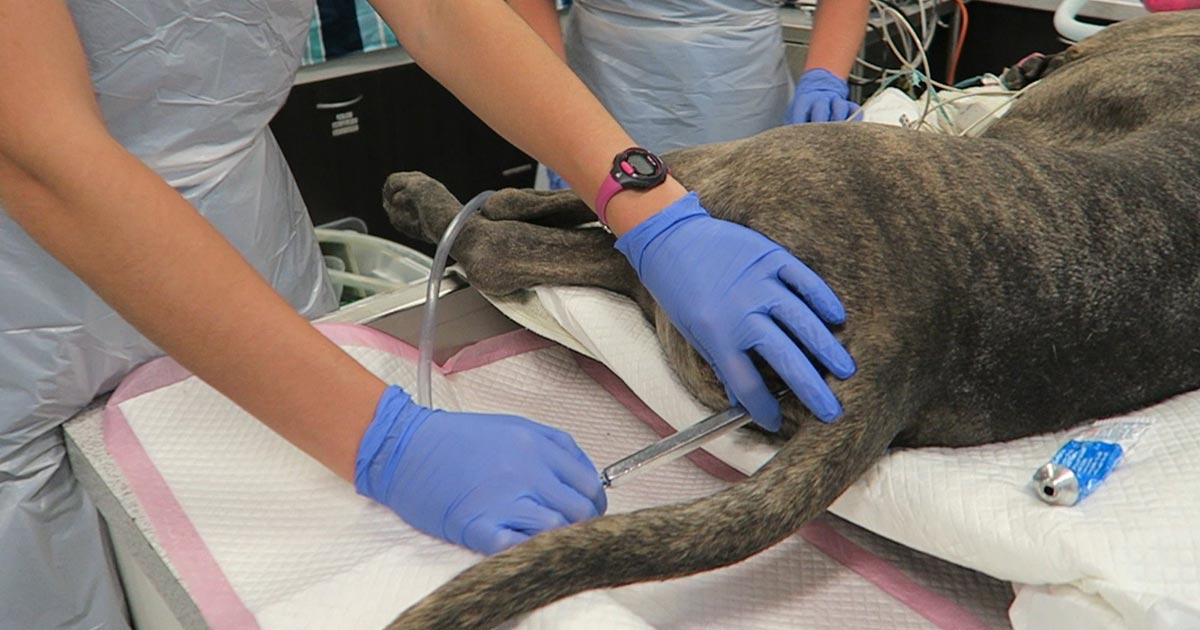
Catharsis, enemas and colonic irrigation for acute oral poisoning
—
by
Great news for those who hate enemas: you may not have to do any of these ever again. This is the consensus by both the American Academy of Clinical Toxicology, and the European Association of Poisons Centres and Clinical Toxicologists. The theory behind these procedures is legitimate – reducing systemic exposure of a toxicant by…
-

Globetrotting RVN takes to the streets
—
by
Vets Now RVN Katherine Alexander has used her skills in Africa and China, the South Pacific and now Glasgow. She’s cared for bears and pumas, elephants and jaguars, as well as ministering, more routinely, to domestic pets. The common link is that, in all those places, her time has been given freely – outside of…
-

Encouraging mums ‘back to what they love’
—
by
A mother of four appointed as the new head of nursing services at one of the UK’s leading animal hospitals is marking International Women’s Day (today, 8 March) by urging more mums to consider returning to work after having children. Kathryn Latimer Jones has taken on the senior role at Linnaeus-owned Northwest Veterinary Specialists (NWVS)…
-
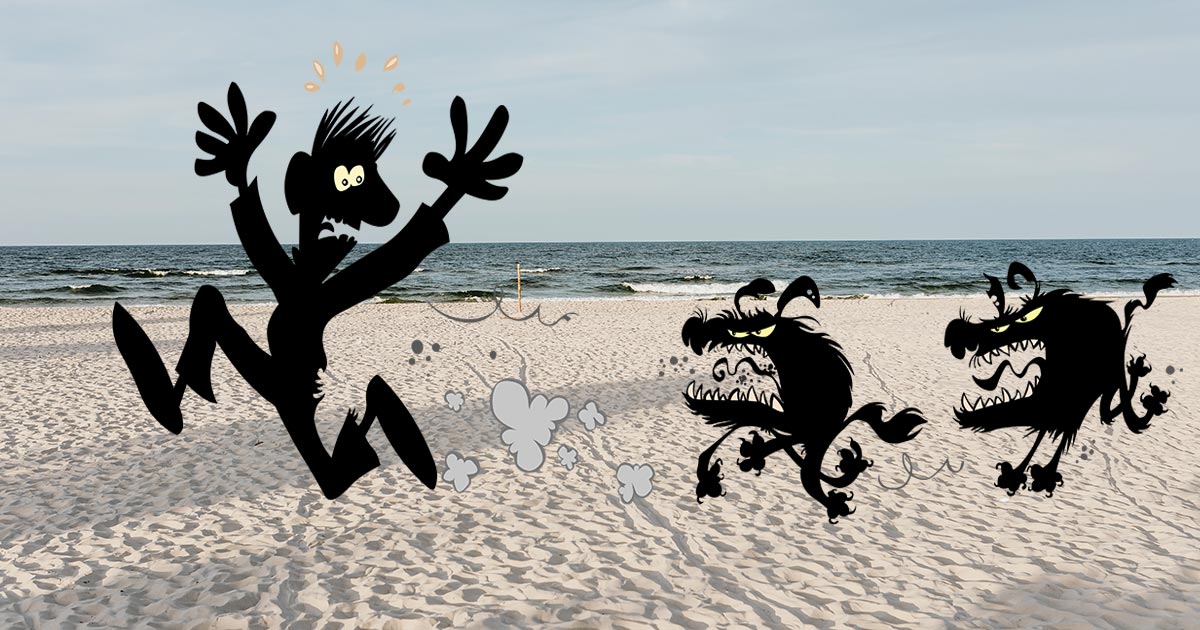
Reading the signs – safety around dogs
—
by
I’m not sure how to start this blog post… it’s about dog body language and a general inability to read it well. But getting that info across is my stumbling block. It all started (as it seems most things do nowadays) during lockdown. A friend who regularly runs along the seafront near me had commented…
-
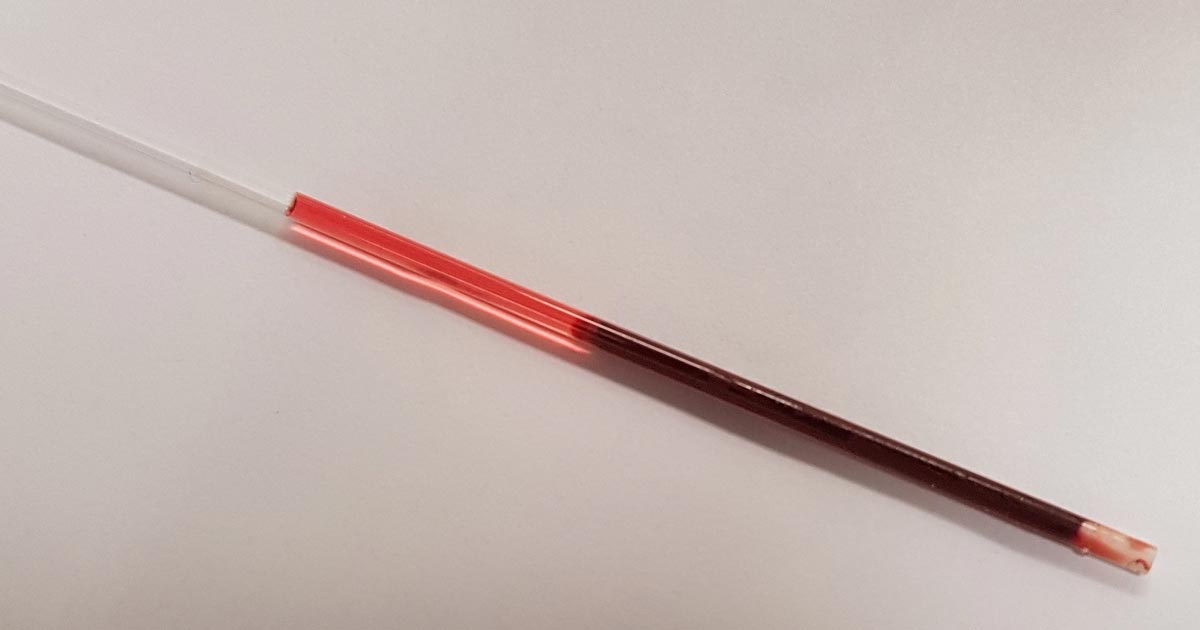
PCV/total solids interpretation: serum colour
—
by
When interpreting the often misinterpreted and underused PCV and total solids test, it is important to take note of the serum colour as this may give clues into the diagnosis. The most common abnormalities seen in clinic are icteric, haemolysed and lipaemic serum. Clear serum can also be of importance – especially when you interpret…